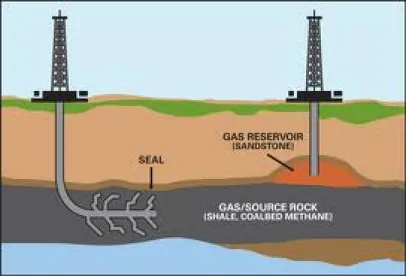On Monday, February 16, 2015, a sharply divided Ohio Supreme Court held in a 4-3 decision that Ohio local governments do not have authority to enact certain local zoning ordinances restricting hydraulic fracturing. The Court found that an Ohio statute regulating oil and gas well production operations that gives state government “sole and exclusive authority” to regulate such operations does not allow for a municipality to impose its own permit requirements on oil and gas drilling operations.
The Court found that Ohio’s home rule authority does not allow a municipality to “discriminate against, unfairly impede, or obstruct oil and gas activities and production operations.” Accordingly, the local ordinances at issue were found to conflict with the state regulatory scheme.
Three justices joined in the majority opinion with a fourth voting in support of the majority opinion outcome but with a separate concurring opinion. That concurring opinion seems to indicate that there might be room for local ordinances which ensure neighborhood compatibility, protect property values or accomplish a municipality’s long-range development plan.




 />i
/>i
